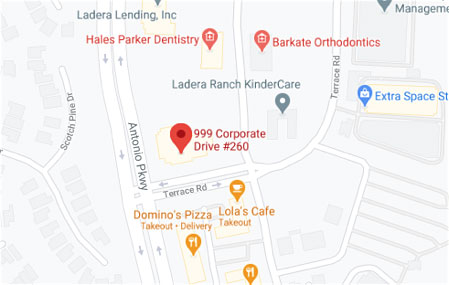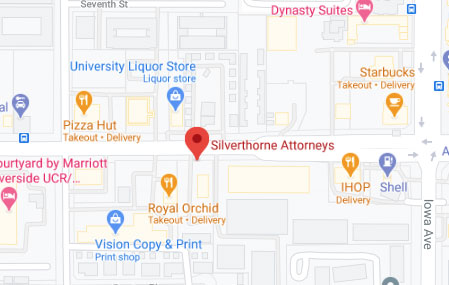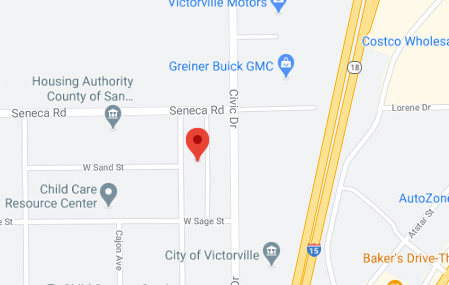Friends, family, and neighbors often get together during the holidays and throughout the year to celebrate. From holiday parties to New Year’s Eve celebrations and even summer BBQs, hosts often provide food, entertainment, and alcohol for their guests to enjoy. If a guest is injured at a holiday party, chances are a homeowner’s insurance policy will cover any personal injuries that are suffered. Learn more about the legal rights of both victims and homeowners if someone is injured at a holiday party.
Injury Liability Coverage in California
Guests at a party are considered to be invitees, and a homeowner has a responsibility to ensure that the guest is safe on their property. If a guest is injured on someone else’s property, it may be from a slip and fall accident, dog bite, or another type of accident that causes physical injury. If one of these incidents happens on personal property, it is likely that the homeowner’s liability coverage will pay for any losses that are associated with the injury, such as medical bills, pain and suffering, lost wages or any other damages. In many cases, homeowner’s policies are quite substantial with respect to personal injuries on their property, and insurance claims will often settle for amounts that are much lower than the insurance policy limits.
However, in some circumstances, when the injuries are severe or permanent, a guest’s damages may exceed the insurance policy limits. If this is the case, the homeowner may be personally liable for the remainder of their damages. It is always important to carry as much coverage as possible in order to attempt to avoid any personal liability. It is also important to always alert an insurance company as soon as possible if a guest has had an accident in a home or property.
Responsibilities of Homeowners – If a social guest of a homeowner is injured by a condition on the property, the homeowner will be responsible if the following elements are true:
- The homeowner knew of the hazardous condition or should have known of the hazardous condition
- The homeowner recognized that the dangerous or hazardous condition posed an unreasonable risk of harm to a guest
- The homeowner knew that the guest would not realize that there was the hazardous or dangerous condition
Injuries and Homeowner’s Insurance Policies – California Law
There are two types of homeowner’s insurance coverages: liability coverage and medical payment coverage. Liability coverage is available when a homeowner has been negligent in maintaining their property, and an accident resulted from that negligence. Not every accident or injury is the same. For example, if a guest in a home slips and falls accidentally and suffers injuries, they would need to prove that the homeowner somehow failed to exercise reasonable care in the home to keep the property safe and free from hazards under premises liability standards. This means that if someone fell down the stairs through no fault of the homeowner, they may not be able to file a claim with the insurance company under the liability coverage. However, if the stairs were in disrepair or broken, and a guest fell down the stairs, the guest would have to prove that the homeowner knew or should have known of the danger, and failed to repair the hazardous condition.
The second type of homeowner’s insurance coverage is medical payments coverage. Medical payments coverage will pay a guest that was injured in a homeowner’s property whether the homeowner was negligent or not. Therefore, using the above example, if a guest fell down the stairs in a homeowner’s residence through no fault of the homeowner, the guest may still be able to file a claim under medical payments coverage of the homeowner’s insurance policy.
Some injuries do not require a showing of negligence. If a homeowner’s dog bites a guest causing injury in the State of California, the person may be able to make a claim under the homeowner’s policy without needing to prove fault at all.
Finally, if a homeowner assaults a guest, the homeowner’s insurance policy will not cover any injuries that are suffered as a result of that attack and the homeowner may be criminally liable, unless they were acting in reasonable self-defense.
Contributory Negligence in California Accidents
There are some cases where a homeowner will not be completely liable for the injuries suffered by a guest. In some instances, a guest can be contributorily negligent and partially responsible for their own injuries. For example, if a guest is intoxicated (as often is the case at holiday parties), loses his/her balance due to alcohol, and falls down some broken stairs, the guest will also be responsible for their actions. The determination of fault in cases involving contributory negligence in a home can be legally challenging and complex. Oftentimes, liability is difficult to determine or ascertain in premises liability cases and contacting an experienced attorney can help you determine your rights.
Basic Obligations of a Homeowner – Some of the basic obligations of a homeowner toward their guests include the following:
- Keeping sidewalks, stairs, and pathways in good condition and in repair.
- Keeping bathroom floors, or any tile or hardwood floors dry.
- Keeping all hallways and rooms free from debris, and tripping hazards, such as carpet runners or children’s toys.
- Ensure that all stairs have handrails and appropriate lighting.
- Making sure that all candles or fires in fireplaces are not left unattended.
- Keeping guests away from any cooking devices, such as stoves or ovens, when in use.
Contact the Insurance Company Immediately – If someone was on your property and had an accident causing injuries, you should contact your insurance company as soon as possible to notify them of the situation. If you are the victim of the accident, and you suspect that the homeowner is reluctant to contact their insurance company, you may have more of a challenge. Oftentimes, a homeowner will not want to contact their insurance company for fear that their insurance company will drop their coverage or raise their rates. If this circumstance happens, as a victim, you may need to sue the homeowner directly and demand that they provide you with the name of their insurance company to receive compensation for your injuries and damages.
Contact Silverthorne Attorneys Today
If you were a guest that was injured in someone else’s home at a holiday party, contact Silverthorne Attorneys today. Our knowledgeable and skilled personal injury lawyers will provide you with a complimentary consultation of your case. Please contact us at (949) 234-6034.












